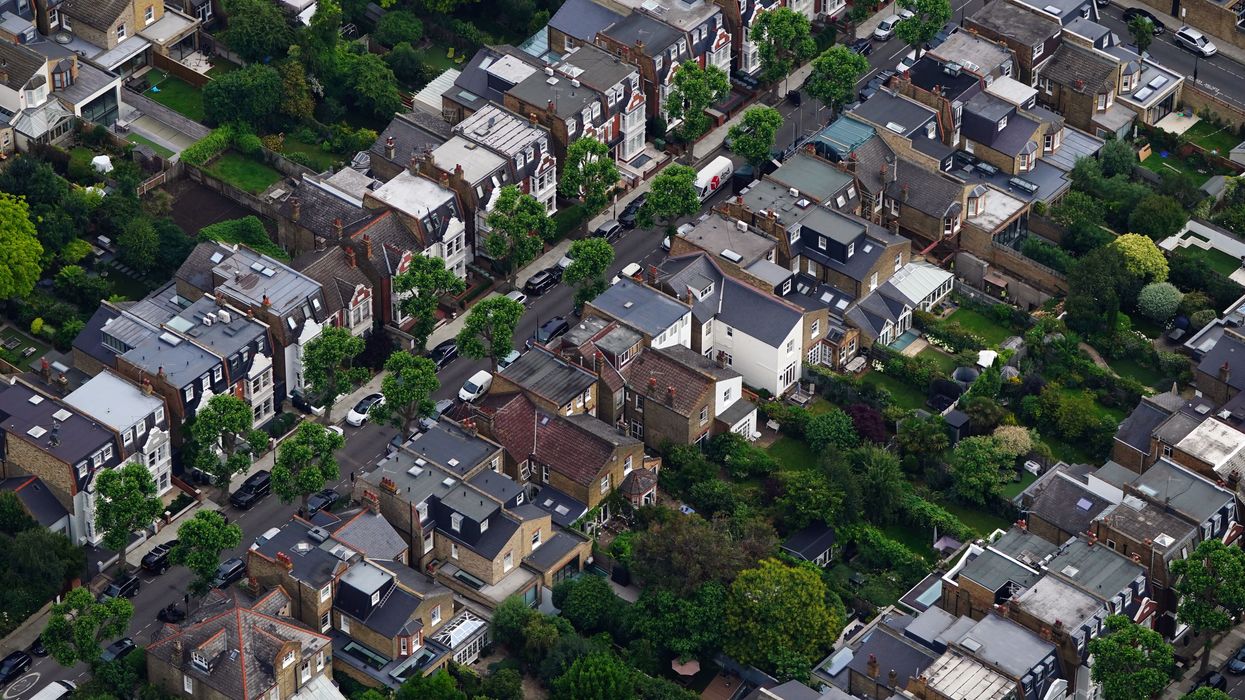
Nationwide announced new mortgage rates cut on same day base rate is hiked
PA
The impact of the interest rate increase will likely hit homeowners who have not yet felt a burden
Don't Miss
Most Read
Trending on GB News
Nationwide Building Society has announced it is to cut some of its new mortgage rates from today – right after the Bank of England increased the interest base rates.
The building society said the new deals include a two-year fixed rate with no fee and a rate of 4.49 per cent.
The rate has been reduced by 0.45 percentage points and borrowers will need a 40 per cent deposit.
A three-year fixed rate is also available at 4.89 per cent with a £999 fee for borrowers with a 10 per cent deposit.
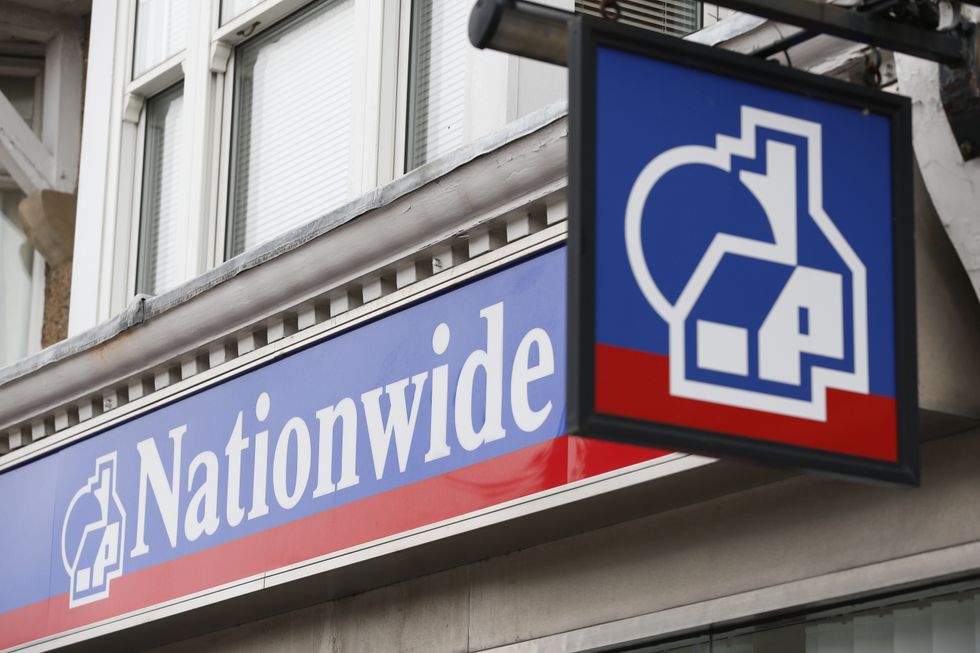
Nationwide announced new mortgage rates cut on same day base rate is hiked
PA
The rate will be 0.30 percentage points lower than previously.
In general, the base rate is not the only factor that lenders look at when pricing mortgages, with swap rates, funding costs and competition with other lenders or targeting particular borrowers also potentially playing a part.
Nationwide said its changes are not a response to the Bank of England’s announcement, with swap rates effectively already “pricing in” Thursday’s rate change.
Henry Jordan, director of home at Nationwide Building Society, said: “We regularly review our mortgage rates and these latest cuts are being made across both our fixed and tracker products, meaning all types of borrowers could benefit, whether they are buying their first home, moving to their next or looking to re-mortgage.”

Around 3.4 million homeowners who have yet to be impacted by housing market struggles are likely to be impacted
PA
All of this appears to be good news – but it only scratches the surface.
Analyst Neal Hudson told The Telegraph: “We are at the stage where a lot of people will be thinking, oh that’s it, the risks are kind of gone.
“But actually this is almost the most dangerous part of the process.”
He added: “Housing downturns start slowly, and then they speed up. The difficulty right now is that we are kind of moving into the second stage of this all.
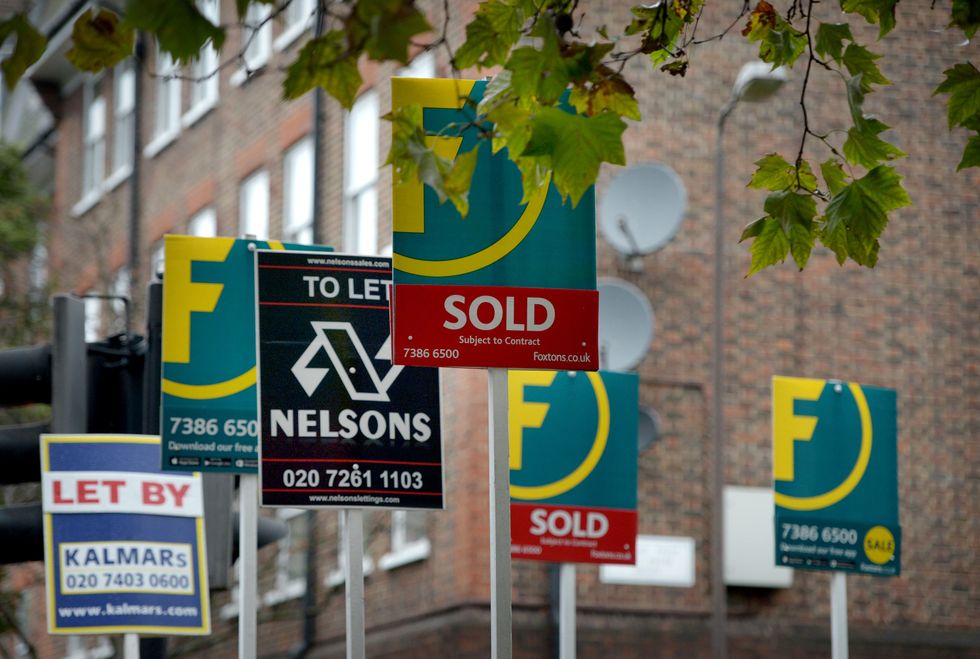
The buy-to-let sector is one of the biggest areas under direct pressure, as they are more exposed to interest rate rises.
PA
“We are moving beyond the point where it’s just about interest rates. Now we are in the difficult bit, where things start to go wrong.”
The Bank of England’s 11 consecutive rate rises is having a toll on the banking system, with Silicon Valley Bank’s collapse in March being seen as a consequence of central bank rate rises.
“The danger is on the fringes of the financial system relating to the housing market,” Hudson said.
“There are loads and loads of pockets of risk.”

The impact of the rate increase will likely hit homeowners who have not yet felt a burden over the past year.
PA
The buy-to-let sector is one of the biggest areas under direct pressure, as they are more exposed to interest rate rises.
Landlords will see their profit margins shrink when they refinance, which could lead them to be forced to sell their property.
Data released by Moneyfacts show the average rate on a two-year, fixed-rate buy-to-let mortgage rose from 2.9 per cent to 5.81 per cent since February 2022.
This would see a landlord forced to pay an extra £4,365 a year when remortgaging a £150,000 loan.
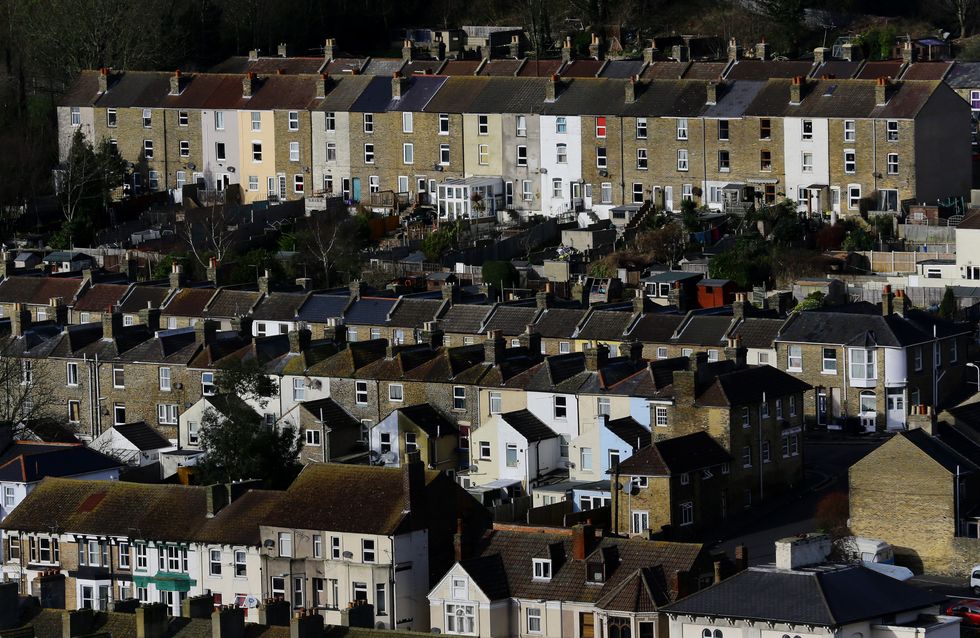
The number of homeowners in mortgage arrears is expected to rise by 38 per cent by 2024
PA
Landlords forced to sell could bring a huge rise of supply in popular areas that are dominated with buy-to-let properties, such as city centres.
As a result, there is a risk of a house prices falling further in these areas.
The impact of the rate increase will likely hit homeowners who have not yet felt a burden over the past year.
According to UK Finance, around 3.4 million homeowners will see their fixed-rate deal come to an end across 2023 and 2024.
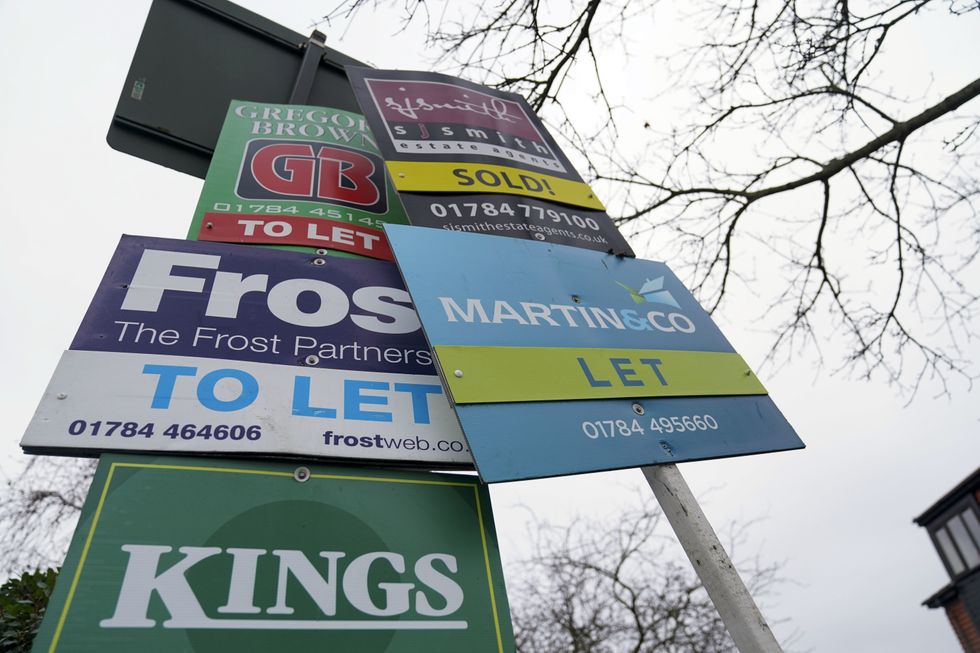
The buy-to-let sector is one of the biggest areas under direct pressure, as they are more exposed to interest rate rises.
PA
Half a million of these took out loans when it was possible to get a deal at less than one per cent.
The difference this has is huge, with a borrower on a typical £200,000 loan seeing them pay an extra £6,000 a year.
UK Finance expect that, between 2022 and 2024, the number of homeowners in mortgage arrears will rise by 38 per cent – the highest level since 2014 when the market was recovering from the financial crisis.








